It would be easy for people who have never been involved in team sport to think the benefits are purely physical.
The reality is that so much more good can come out of those environments. Being part of a team who are all pulling in the same direction and working towards a collective goal creates a sense of community that can be difficult to replicate elsewhere.
Ironically, given that participation levels for LGBTQ+ people are lower than average in team sports specifically, that concept bears a striking resemblance to safe spaces for the queer community.
The close bonds that LGBTQ+ people quickly create among chosen families can provide the same sort of support that a lot of people get from team environments. Still, when Fiona Brittle joined the Camp Hellcats, those bonds were the last thing she was expecting.
Only taking up regular football after enjoying playing five-a-side for a friend’s birthday during the pandemic, the strength of friendships she has created were beyond her imagination.
“I wasn’t raised with a rigid set of gender rules, but it was in a heteronormative way – I was a girl, and this was what girls do, so football just kind of passed me by,” Brittle recalled.
“Hopefully it’s changing now, but I think women growing up in the 90s were very much socialised towards solo pursuits – I played a bit of netball at school, but it was very much a group of students cobbled together into a team and forcing a team dynamic doesn’t really work.
“I think a lot of women were encouraged to do dancing or tennis, where it was less about getting sweaty. It was definitely a very different experience to what I’ve had in football.
“It has really increased my confidence for everything else. Trying football and finding it was something I was good at, and increasing my fitness and pushing my limits, led me to say that I could climb a munro and do a bit of hiking. I can do a parkrun, I can give bouldering a go – I didn’t think I could play football before, and look at me now.
“I can’t believe that I haven’t known the people at the Hellcats for long, because they’re like family to me now. I guess that’s just the nature of being part of a team.
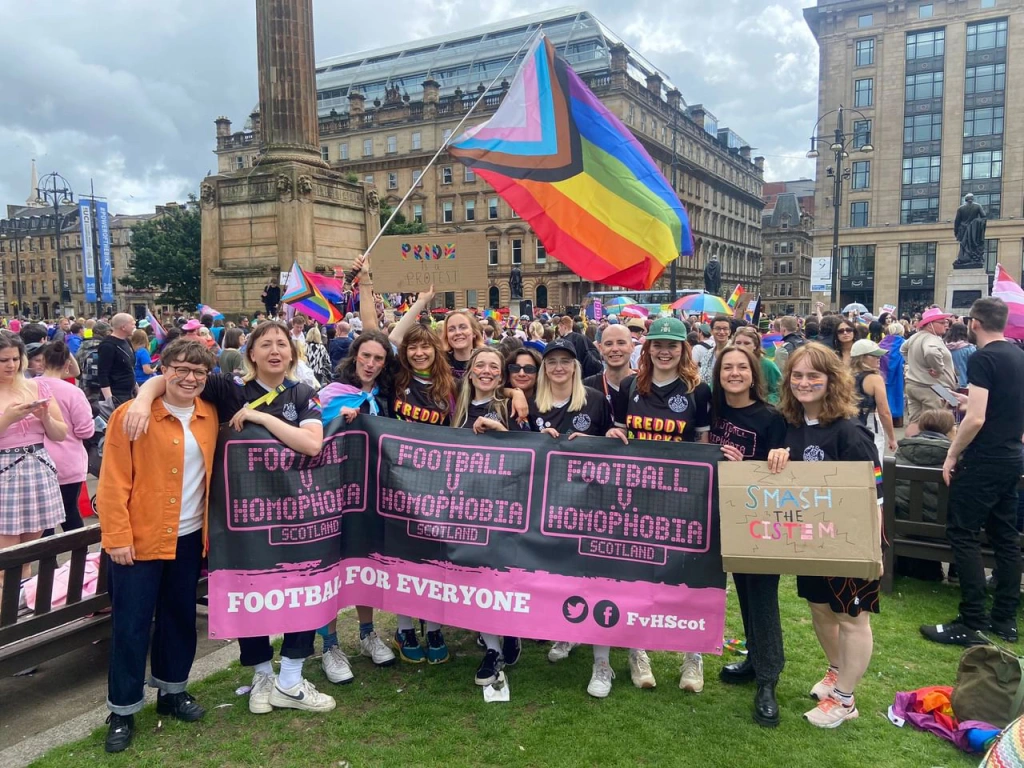
“It was kind of by accident. I certainly never would have thought if you had said to me two years ago that I would be playing football two or three times a week that it would be true.
“I definitely try to be a lot more sporty now because of the confidence I got from being shown that I could play football. I never would have said I was athletic, but I’m built for it as well. I’m strong – I build muscle very easily – so I probably should have been doing this all along.”
The antidote to bisexual panic
Upon realising that she actually enjoyed playing football, it seemed like a natural step for Brittle to seek out an inclusive set-up.
That said, it was still a surprise to feel the impact of such a welcome into sport as part of the LGBTQ+ community, despite that appearing to be what she was looking for.
It is the first time that Brittle has put herself in a majority-queer space, and to say it has been transformational would be an understatement.
“The way I describe it is that if you have depression and anxiety, your friends are really valuable,” Brittle explained.
“Your friends shouldn’t be saying nasty things about you, they should love you, but until you do therapy or heal within a community or something, it’s really hard to apply that to yourself.
“For me, I have unshakeable mental, political, pro-LGBTQ+ and pro-trans ways of thinking, all of that is 100% in there, but at the same time there is something in me that says it’s not okay for me specifically to be queer. That’s an emotional thing, you can’t think yourself out of that.
“It was absolutely natural to me that if I joined a women’s football team, it must be inclusive and open to trans women and non-binary people, that wasn’t a question at all because of my beliefs, but at the same time I didn’t go into it thinking that I deserved the benefit of that space for myself so I didn’t really think about the Hellcats being a place where I could connect with my queer identity.
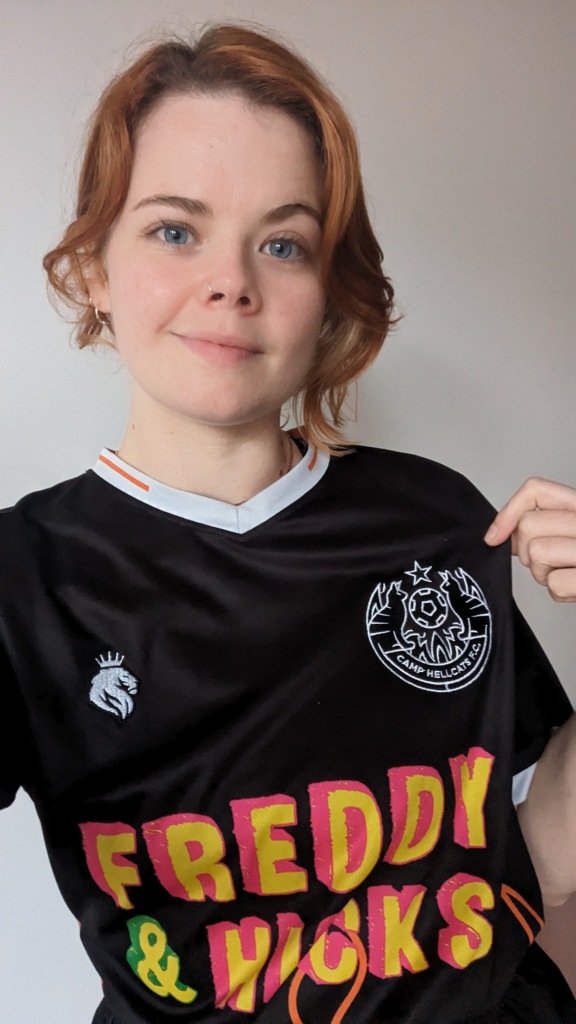
“Just spending time in a majority-queer environment has really connected me with the community. It’s the first time in my whole life that I haven’t had that niggling voice in the back of my head asking if I was really bisexual. It really has been the antidote to the bisexual doubt.
“It’s just bizarre to think that has happened so quickly, because I didn’t expect that joining a football team was going to have such a massive impact on my connection and comfort with my sexuality.
“It’s something that I probably only notice in retrospect – that I haven’t had questions about myself, or that it hasn’t been adding to my anxiety. Looking back, it was always something that was taking up space in my mind and adding to my anxiety, just that thought of is it real? That hasn’t been there, which is nice and has helped me relax about it.
“It has also made me feel much more comfortable and less worried about the thought of being with women, or people who aren’t cisgender men, in a way that’s really serious.
“My family have been supportive, but I have always felt a bit flustered about my queerness or being with a woman. That has happened less. I feel much more able to live in my own skin. It’s the most pedestrian, small ways, but those are the ways I needed.
“Playing football has really done what nothing else has to undo a lot of the internalised homophobia that I have felt.”
Making a statement
Having felt the benefits of joining a club like the Camp Hellcats first hand, it should be no surprise that Brittle is passionate about ensuring it continues to be a welcoming environment for all.
That includes trans women and non-binary people, who are just as much a part of the Hellcats as cisgender women.
In the current political climate, that could be seen as controversial. Equally, it could be seen as the club making a statement.
Brittle has also witnessed the toxicity of the rhetoric around trans people, particularly around the Gender Recognition Reform Bill debate, and in particular their place in sport.
As far as she is concerned then, the Hellcats are making a political point – a relatively quiet one – as they lead by example.
“Inclusion is a founding principle in both the casual and formal sides of the club,” she said.
“We have discussions about that all the time, there is a general principle of inclusion for people who don’t see a space for them in football to help them access it in a way they wouldn’t be able to otherwise.
“We are never going to gate-keep that, we don’t ask for anyone to prove anything, that’s just what this space stands for. If you feel like you fit in that space, you are welcome.”
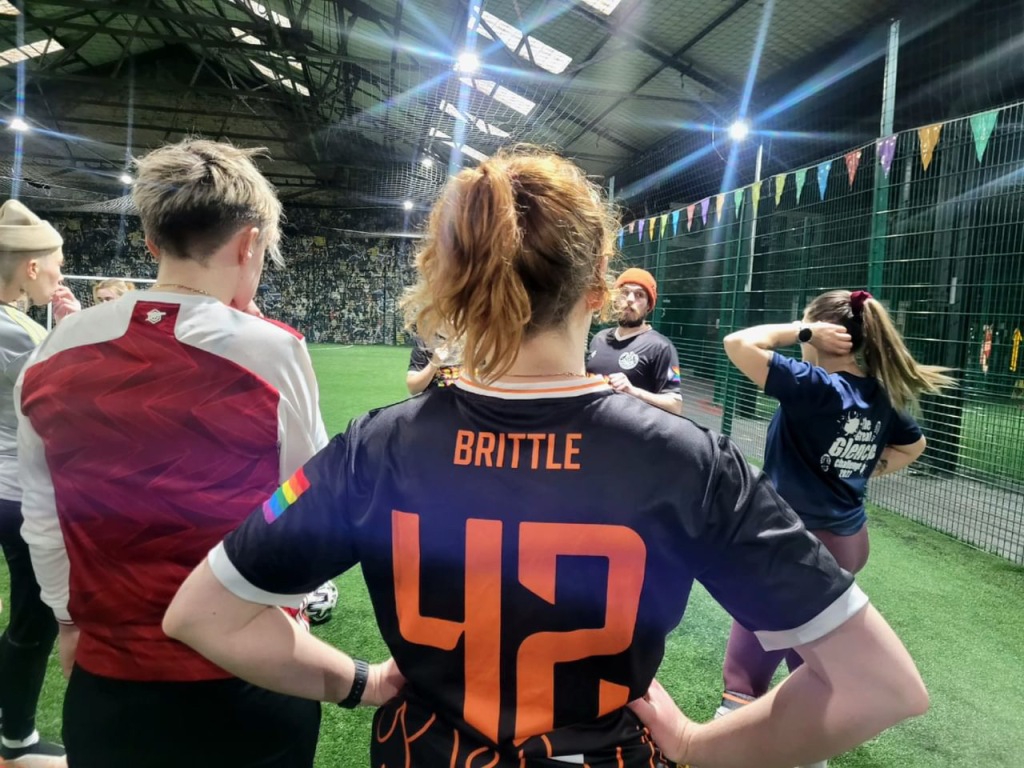
Commenting on what she described as the “fake moral panic” around trans women participating in sport, Brittle added: “Obviously we passed the bill in the Scottish Parliament, it got blocked by the UK Government but it still mattered even though the law didn’t change.
“It mattered that we said yes. Gender recognition is important, but the benefit has become more about what that indicated about society, and how seriously we take gender and undoing the harm that has come from the false binary system, in Scotland. It’s nice that it still meant something.
“In America they are legislating against eight-year-old trans girls taking part in sport. Even people who aren’t interested in party politics – and I 100% get that – what happens when they turn around and say your teammate can’t play in your team anymore?
“What will happen when the funding that schools get for counsellors and support workers get slashed, and that has an impact on public services? Everything is political, which is why I think sport has to be political.
“I personally would say we’re making a statement, but in the way that I think politics should be done – we lead by example. We are ordinary people who are pulling together to enact the way that things should be to benefit everyone, and drive that forward.
“That’s counter to what you can see in the wider political sphere, where they are trying to limit trans people’s access to sport, so I guess there is something radical about that, but for us it has always been about what’s right and that’s people just turning up and playing football.
“I think it’s easier for us to welcome people in to play football than it is to legislate. There’s a lot of red tape and it is complex, so I would say the Hellcats are conscious and aware of the impact we want to have and how different we are, but we’re doing it to produce a good outcome more than we’re doing it to make a point.
“We just want people to turn up and play football, and this is the best way to facilitate that, so it is a secondary benefit that it puts out a message to other people about how they can approach it as well.
“It doesn’t feel like a political campaigning group, it feels like a football team first and foremost, but things you wouldn’t see as inherently political can often be much more effective vehicles for change as community groups. That’s how we can make pushes forward.”
Looking to the future
That embrace of different gender identities is not something that will be going away from the Hellcats any time soon.
What, then, does the future look like for Brittle and co? Well, development – both for the club as a whole and her personal ability – is top of the agenda.
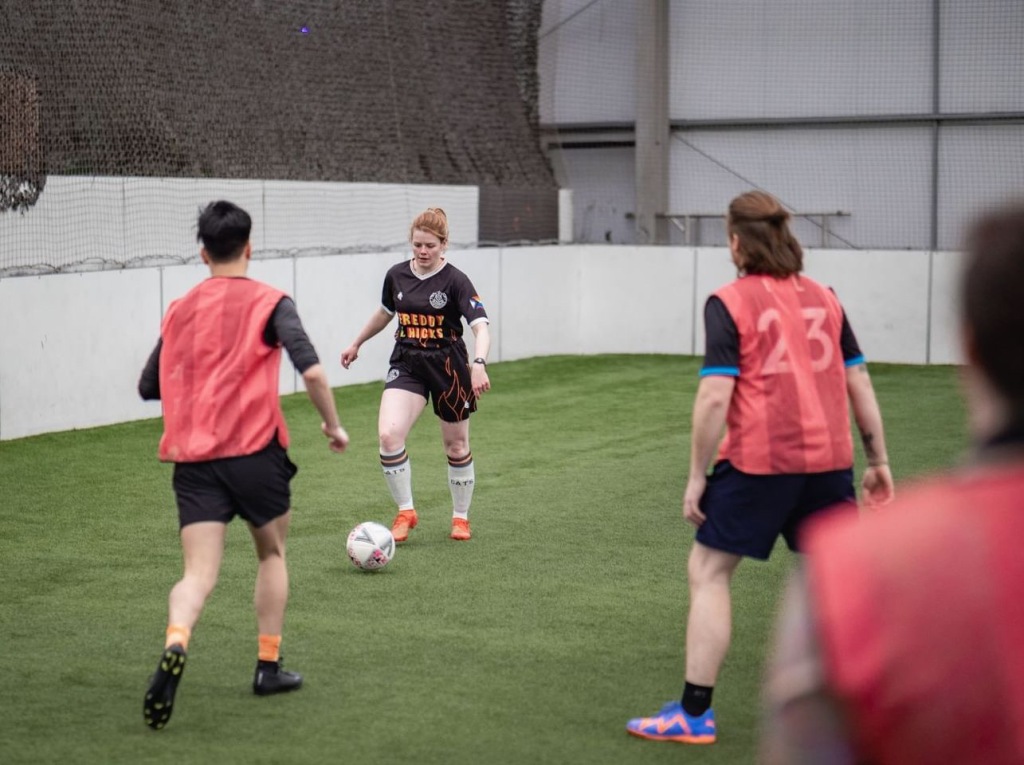
When it comes to showing others how inclusion can be done in football, too, Brittle hopes that some men’s teams will begin to follow the Hellcats’ lead.
“I’m looking forward to the next level of us trying to be as competitive as possible and be as good as we can be, and develop our players as much as they want to,” she added.
“At the end of the day, we want to win. There is that competitive element to it, and I think it’s really important that exists. At the same time, we want to maximise the development of our players and balance that competitiveness with being open and inclusive for people who may not want to do that.
“There is the Goals league that we play in. There is also grassroots seven-a-side football, I think those tournaments are once-a-month across the city, and we’ve started talking about playing 11-a-side games too.
“Personally, I just want to work on being able to keep the ball and score, that would be great! I’m just really excited about getting better, and that feeling of not having to actively think about what I’m doing so much anymore.
“I’ve had to let go of a tiny dream I never knew I wanted, because it’s unlikely now that I’ll ever get to a really good level, but I want to be able to be good at football. I want to be able to play a mixed game with my friends again and not have them ease off to accommodate mixed abilities.
“I just want to be able to keep improving and get the mental health benefits of that as well, and just carry on being part of a team.
“The competitive side matters, but we are also always very cognisant that it doesn’t matter more than being kind and supportive to each other. We don’t want to have drama with other teams, so we have to understand what it is we’re doing and why, but then also try at it because we do care.
“Bigger picture, I really want to see men’s teams try to really actively be inclusive as well.
“There may well be non-binary or trans people who feel most comfortable playing in a men’s team, or maybe at a higher level, and there are more teams they could access who have male players just because of sexism in sport.
“Women’s football has taken up the main thrust of trying to create an inclusive space, and it may well be that there are non-binary and trans people who think the only place they are welcome is in a women’s team, but actually they are a trans man and they want to play in a men’s team.
“I want men’s teams to actively say they welcome non-binary people as well, both at a grassroots level and at higher levels as well. It shouldn’t be cisgender men as the default, and then everyone else in another group. It should be open to as many people as possible.”
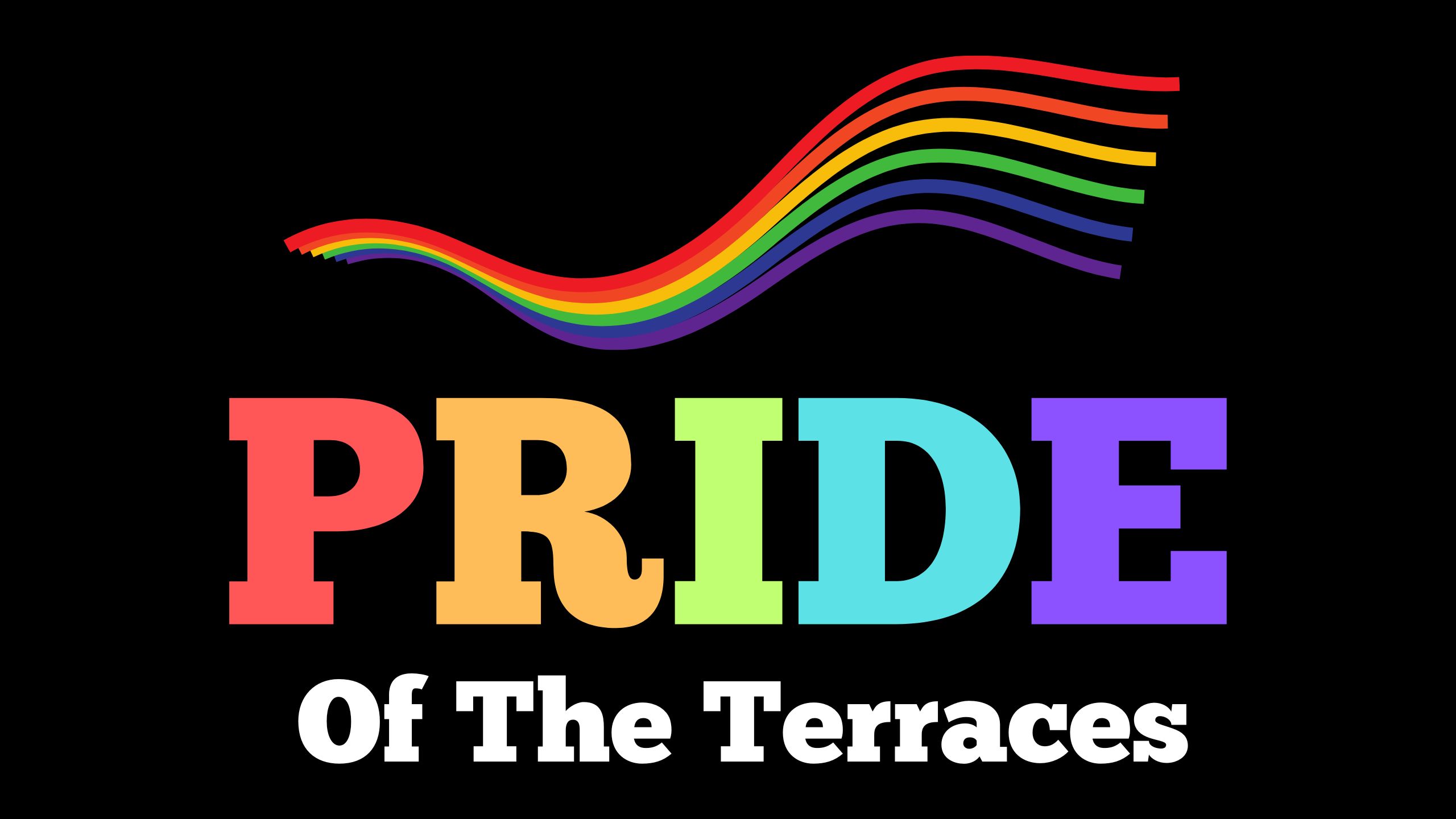
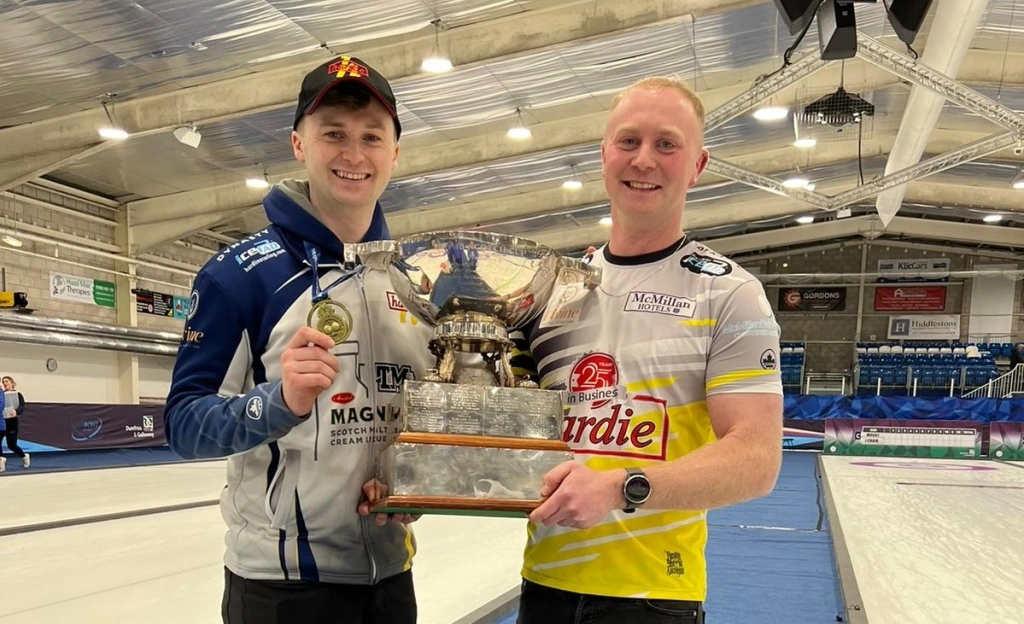
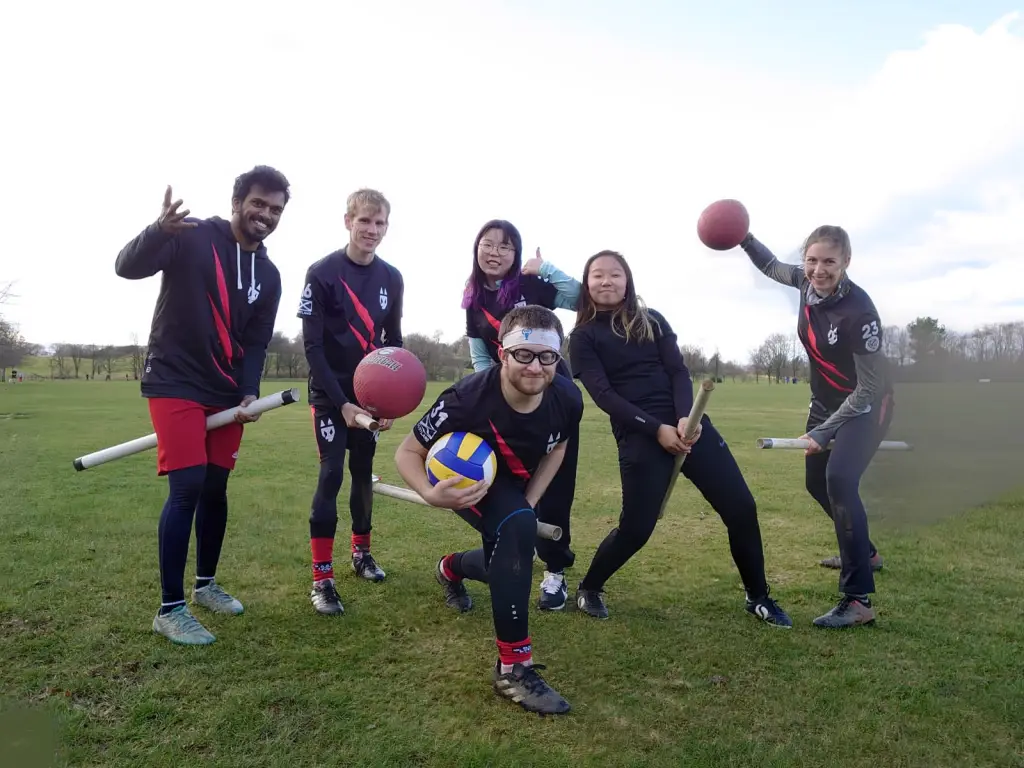
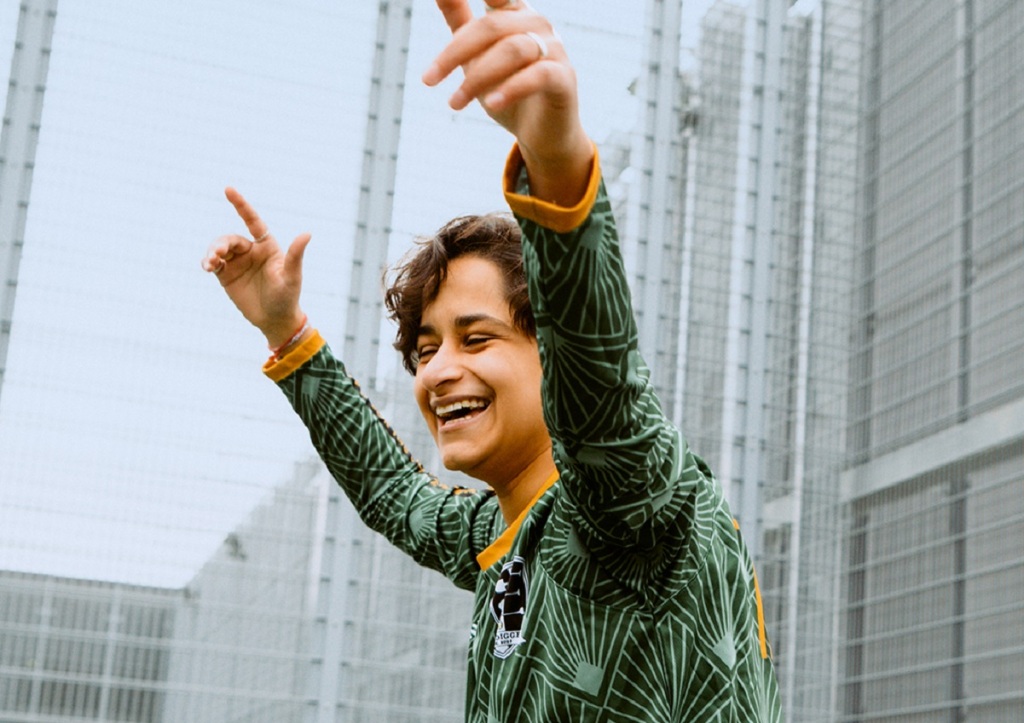
Leave a comment